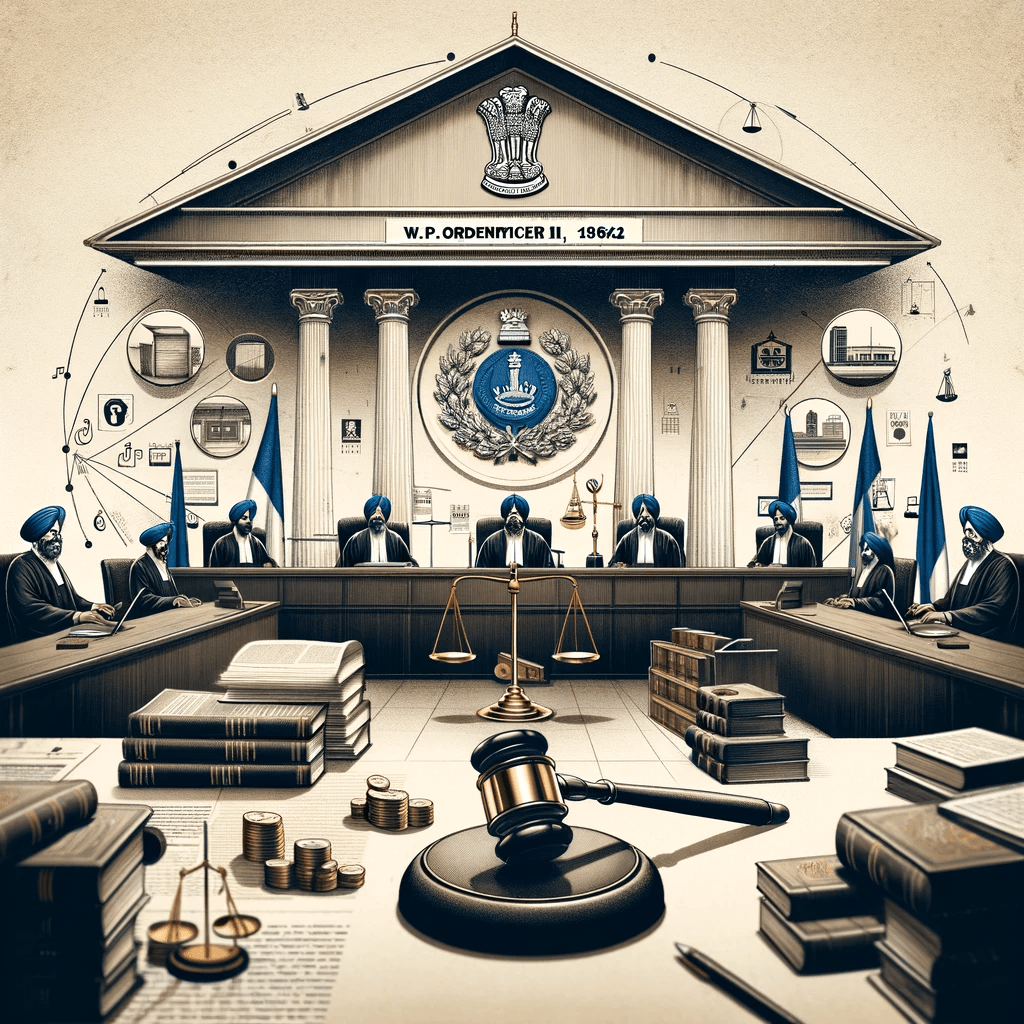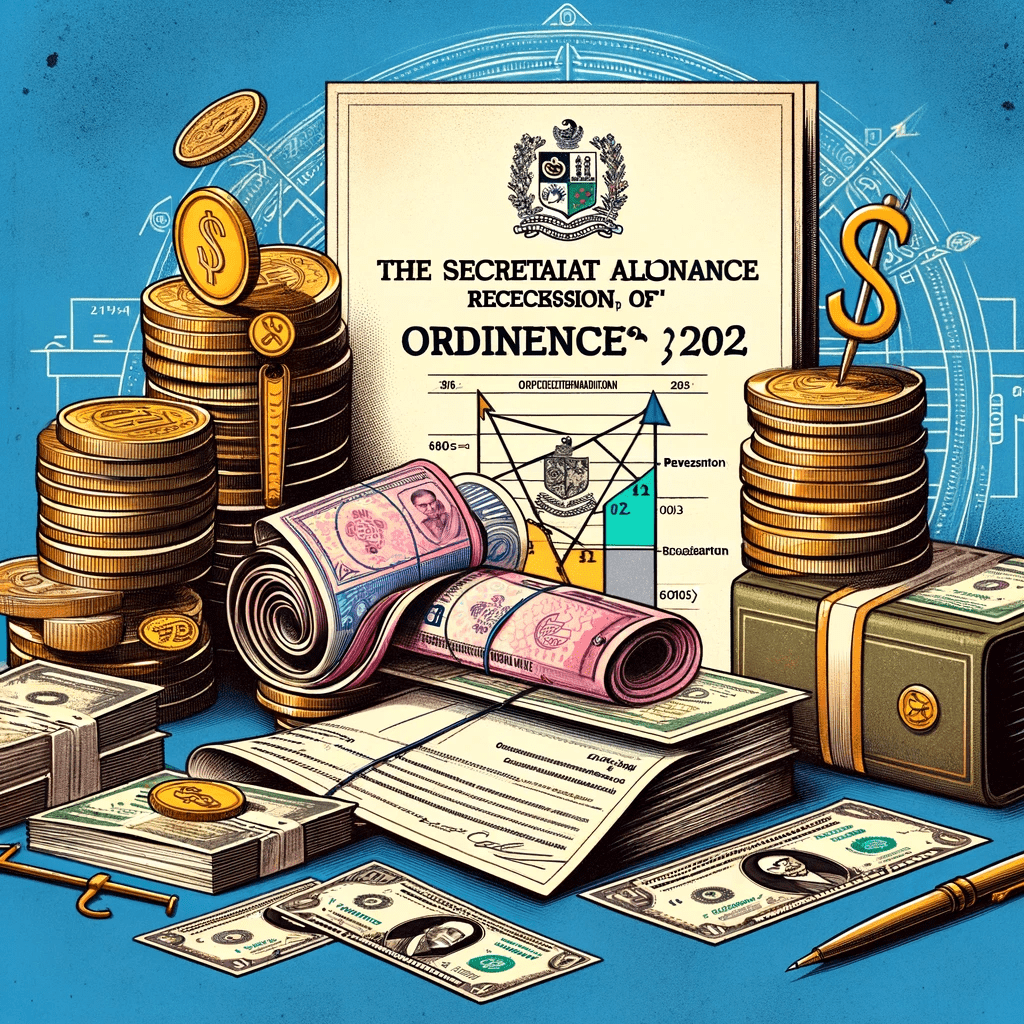THE CIVIL SERVICE (CHANGE IN NOMENCLATURE OF SERVICES AND ABOLITION OF CLASSES) RULES, 1973
THE CIVIL SERVICE (CHANGE IN NOMENCLATURE OF SERVICES AND ABOLITION OF CLASSES) RULES, 1973 The Civil Service (Change in Nomenclature of Services and Abolition of Classes) Rules, 1973, represent an important set of regulations in Pakistan that pertain to the restructuring and renaming of civil service positions and the abolition of certain classes within the civil service. These rules, established in 1973, provide a structured framework for making changes to the nomenclature and organizational structure of civil service positions. In this introduction, we will explore the historical context, objectives, and legal significance of these rules. In exercise of the powers conferred by section 25 of the Civil Servants Act, 1973 (LXXI of 1973), the President is pleased to make the following rules :– (1) These rules may be called the Civil Servants (Change in Nomenclature of Services and Abolition of Classes) Rules, 1973. (2) They shall come into force at once. In these rules, unless there is anything repugnant in the subject or context, “Classes” means Class I. Class II, Class II (non-Gazetted), Class III and Class IV, in which the civil posts and services are classified under the Civil Services (Classification, Control and Appeal) Rules or any other rules or orders for the time being in force ; “Federal Unified Grades” comprise all services and civil posts connected with the affairs of the Federation other than those included in the All-Pakistan Unified Grades under the All-Pakistan Services (Change in Nomenclature) Rules; 1973 ; “Grade” means a National Scale of Pay in which a post or group of posts is placed; “Services” means the civil services of the Federation. Notwithstanding anything contained in any rule, order, resolution or instruction, the names of services are with immediate effect, change to Federal Unified Grades, and all references to service in any rule, order, resolution or instruction shall, consistent with the subject and context, he construed as reference to the respective Federal Unified Grade. Explanation.-For the purposes of this rule and rule 5, “respective Federal Unified Grade means the Grade to which a civil servant is entitled in respect of his existing post under the National Scales of Pay. All civil posts connected with the affairs of the Federation, not being posts in the All-Pakistan Unified Grades,, shall belong to one of the Federal Unified Grades. All persons who immediately before the coming into force of these rules were members of a service or held a civil post connected with the affairs of the Federation, not being a post in the All-Pakistan Unified Grades, are appointed” in their existing posts to the respective Federal Unified Grades. Notwithstanding anything contained in the Civil Services (Classification, Control and Appeal) Rules and any other rules of orders for the time being in force, all classes and classifications of services and posts as Gazetted and non-Gazetted are abolished. For the purposes of application of any existing rule, order or instruction, reference to a class or to a post as Gazetted or non-Gazetted shall he construed as reference to the corresponding Grade and specified in the table below: Class Gazetted Posts Corresponding Grades Class I (1) Grades 17 to 23. Class II (2) Grade 16. Non-Gazetted Posts: Class II (3) Grades 11 to 15. Class III (4) Grades 3 to 10. Class IV (5) Grades 1 and 2. Notwithstanding anything contained in any rule, order or instruction, all reservations of posts for purposes of appointment, promotion or transfer in favour of persons belonging to a particular service or cadre, or holding a particular post are abolished. Need more information Our panel of skilled Lawyers in Pakistan specializes in separation cases in Pakistan and offers personalized advice and robust legal solutions. AI Legal Site: For general information, visit 24Justice.com – Pakistan’s First Legal AI Site. Personalized Assistance: For more specific queries or legal representation, reach out to us: Call: 0092 308 5510031 WhatsApp: 0092 308 5510031 Contact Form: Prefer writing? Fill out our contact form below, and we’ll respond promptly.[contact-form][contact-field label=”Name” type=”name” required=”true” /][contact-field label=”Email” type=”email” required=”true” /][contact-field label=”Website” type=”url” /][contact-field label=”Message” type=”textarea” /][/contact-form]










